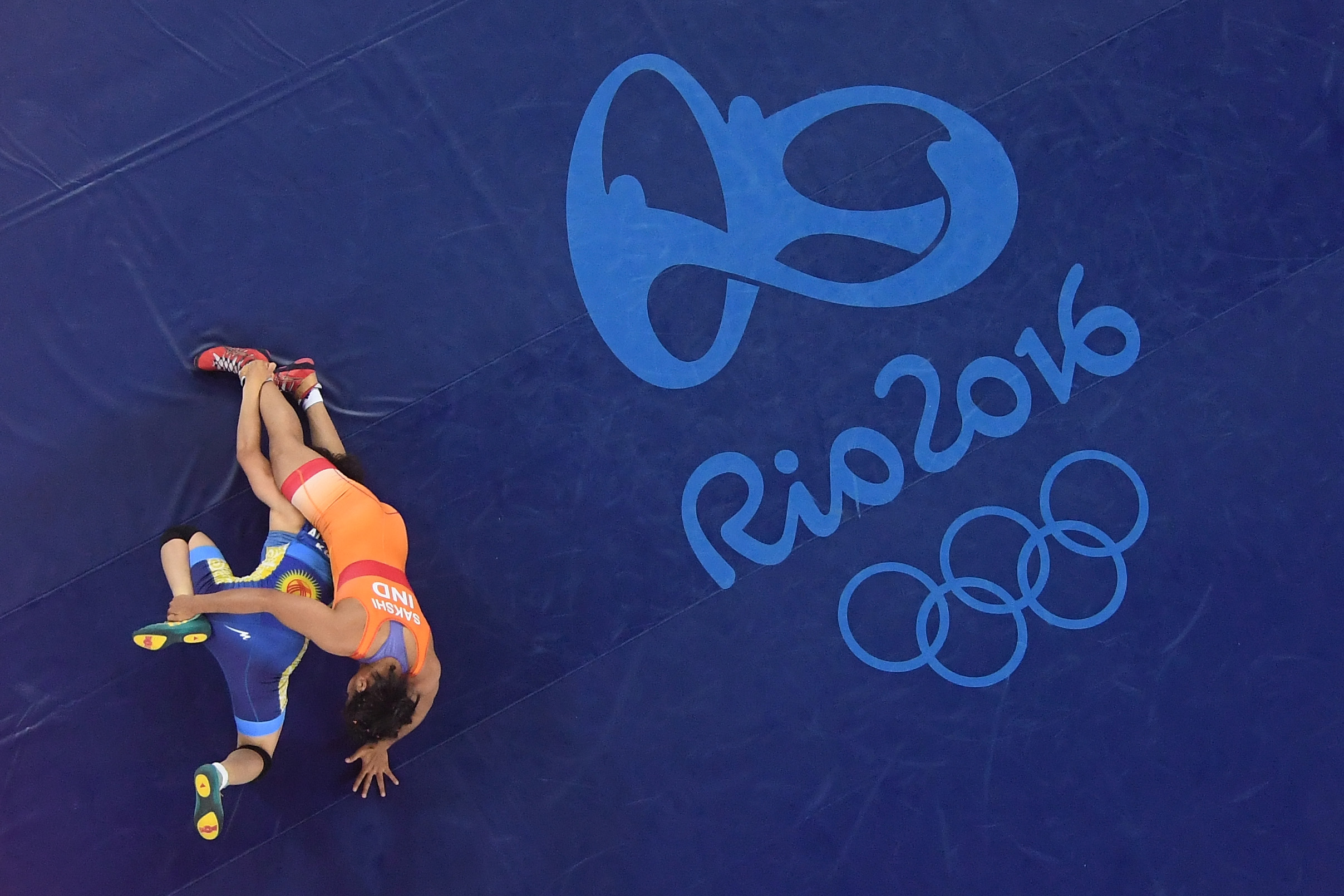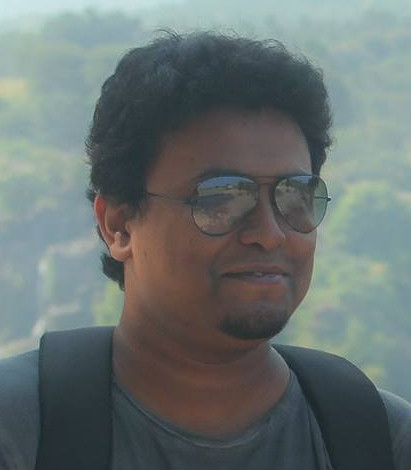Rio 2016 | Sakshi Malik's bronze is worth more than we realize

The great Aristotle once said that “the courage of a man lies in commanding, a woman's lies in obeying; that 'matter yearns for form, as the female for the male and the ugly for the beautiful'; that women have fewer teeth than men; that a female is an incomplete male or 'as it were, a deformity”, and he was applauded for such enlightening thoughts back then. Times have changed now. Had he been alive, he would have been barraged by lawsuits, or worse, he would have been nominated by the Republican Party in America.
But even in this time and age, there are places where Aristotle and his views would be celebrated. Close to home, the 2400-year-old would have loved the Indian state of Haryana. A state which has maintained their 'proud' tradition of honor killing and female foeticide. A state where the mad men of Khap Panchayat make the laws, and act as the guardian of a patriarchal society. Masculinity is revered over there, and anything questioning it is frowned upon. Like the concept of women wrestling in an akhara.
It was not until the mid-1990s that women's wrestling really took off in this nation, and it took another six years for it to infiltrate Haryana.
Wrestling is one of the most ancient sports in India. It has been mentioned in various Hindu mythologies, where the military used it as an exercise to develop strength. Most importantly, though, it was exclusively a masculine sport, and it was not until the mid-1990s that women's wrestling really took off in this nation, and it took another six years for it to infiltrate Haryana.
Ishwar Singh Dahiya, who was the then Haryana sports department coach, was admonished by former wrestlers and coaches for letting “goats stay among
“She (Sunita) was around 14-15 years and had short hair. I mistook her for a boy and gave the nod. In the evening when she came with her friend Kavita, I realised she was a girl. As I had already given permission, there was no question of backtracking and that’s how the girls’ centre started,” Dahiya told Hindustan Times in an interview.

 © Getty Images
© Getty ImagesInitially, the girls were hesitant about training with the boys. Having grown up in a society where they are reminded of their place at every step, the
Sakshi Malik, who became the first Indian women wrestler to win an Olympic medal on Wednesday night, was 12 back then, still unaware of the intricacies of the sport. In fact, it was a newspaper article which grabbed her attention first. In that article, a senior women wrestler posed for a picture in full wrestling kit, holding a
A 12-year-old girl wanting to wrestle is nothing out of the ordinary. But the village she belonged to—Mokhra Khas—is.
It sounded simple enough. A 12-year-old girl wanting to wrestle is nothing out of the ordinary. But the village she belonged to—Mokhra Khas—is. It is a village which had an average sex ratio of 822, which was even lower than the average of Haryana (879) according to the 2011 census. The child sex ratio of this village was 800, compared to Haryana's 834. The female literacy rate, according to the 2011 census, is just 64.46%. The numbers do tell a
However, luckily for Sakshi, she was born in a family which was open-minded, and they did not bother about the social stigmas surrounding women. She received tremendous support from her mother, Sudesh Malik, who egged her daughter on despite being questioned by their neighbors and locals. Some even warned Sudesh that her daughter would develop puffed-out cauliflower ears, common among wrestlers, which will make her undesirable for potential husbands.
Sakshi's mother disregarded everything, though. She took her daughter to
It has been a memorable journey for her from Rohtak to Rio. Along the way, she has turned critics into admirers, and people who used to question her mother 12 years back, when she walked her to the training centre, were seen celebrating outside her house last night. The hypocrisy is hard to miss, but then, that is the society we live in. Had Sakshi failed in her career, her neighbors would have celebrated as well, maybe not publicly, but during gossips in their living rooms.
After 12 days of struggle, the nation woke up to their first medal at the Olympics. When the euphoria dies down, we will reflect back on what has been an underwhelming outing for the largest Olympic contingent in the nation's history. But, we must also remember that all of the memorable moments in Rio, be it Dipa Karmakar’s 'Produnova' in the final, the appearance of the women's hockey team after a gap of 36 years, Lalita Babar breaking the national record, PV Sindhu's stunning victory over World No.2 Wang Yihan, or Sakshi's incredible comeback to win the bronze, have been brought to us by female athletes of the nation. That for me will be the biggest takeaway from this Olympics. Sakshi's medal was a sentence for a state like Haryana, written in bronze.

Comments
Sign up or log in to your account to leave comments and reactions
0 Comments